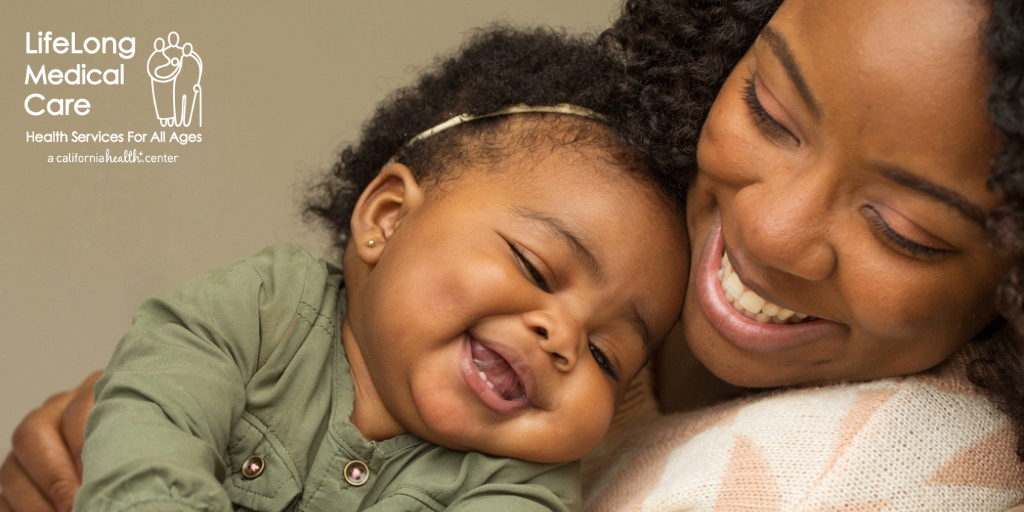Maternal healthcare today has roots in treatment of enslaved women
By: Elaine Herscher, Sr. Editor, LifeLong Medical Care
As part of the New York Times 1619 Project, which examines the central role that racism and slavery played in U.S. history, reporter Nikole Hannah-Jones argues that we can trace the current crisis of Black maternal health to the horrific way enslaved women were treated 400 years ago.
It’s not even controversial to say there’s racial bias in medicine. It’s well-documented – Nicole Sata
“All these centuries later, the false beliefs about Black women’s pain and their humanity still impact the reproductive health care they receive. And the consequences for Black women and their children are all too often deadly,” Hannah-Jones says in a project produced by online streaming service, Hulu.
“I totally agree with her,” says LifeLong Medical Care Certified Nurse Midwife Nicole Sata. Several years ago, Nicole helped found the Birth Justice Project, an organization that trained previously incarcerated women to become doulas, or birth coaches, so that women in jail or prison didn’t have to be in labor alone.
“It’s not even controversial to say there’s racial bias in medicine. It’s well-documented,” Nicole says. “Even before they’re pregnant, a lot of Black women can’t even talk to their doctors about pregnancy or fertility treatments because doctors automatically assume that if you’re young and Black you should be preventing pregnancy. But even when they are pregnant, their pain isn’t taken seriously, and there’s this underlying bias that they shouldn’t be having this baby.”
In the United States, Black women die in childbirth at about three times the rate of White women, a higher death rate than in any other developed country. And education and socioeconomic status don’t matter, made clear when tennis great Serena Williams nearly died from blood clots that went unattended after she gave birth last year.
“The single tying string is being a Black woman,” OB-GYN Veronica Gillispie-Bell says in the series. “The legacy of slavery is so ingrained in our system, and we don’t even see it. So, if we think about slavery, and we think about how the Black woman was utilized, she was not allowed to take care of her kids, she was not able to breastfeed her children. And so, what has translated from that today is our bias that Black women don’t want to take care of their kids.”
The approach at LifeLong is very different. Nicole Sata works at both Ashby Health Center, which has a more multinational mix of patients, and at Howard Daniel Health Center, where the vast majority of patients are African American.
“What we have, which is serving our community well compared to the private sites, is that people really care a lot,” Nicole says. “We’re just very organized and on top of our patients. For instance, noticing when somebody drops out of care or isn’t getting the testing they need or the ultrasounds they need. We have teams of people who are really on top of that and monitoring that. And I’ve had patients who’ve come to me after having gotten care somewhere else, and they’re so thankful because what we do is working.”
She says a routine OB appointment that should last about 15 minutes can stretch far longer if her patient has problems with transportation, childcare, or other issues that affect her well-being. Because of those psychosocial issues, patients are often judged if they arrive at the hospital to deliver and haven’t been seen for weeks.
“There’s an assumption that they don’t care about themselves, they don’t care about their baby, and there’s this automatic thought that this person is bad. And then that ripples into the rest of their care, as opposed to knowing that this person didn’t come in for six weeks because they had a flat tire. They didn’t have the money to fix it, so they couldn’t get to their appointments. Or they were struggling just to get their older kids to school, “Nicole says. “It takes a lot of time and compassion to look at what’s really happening.”
You can learn more about LifeLong Medical Care HERE.
